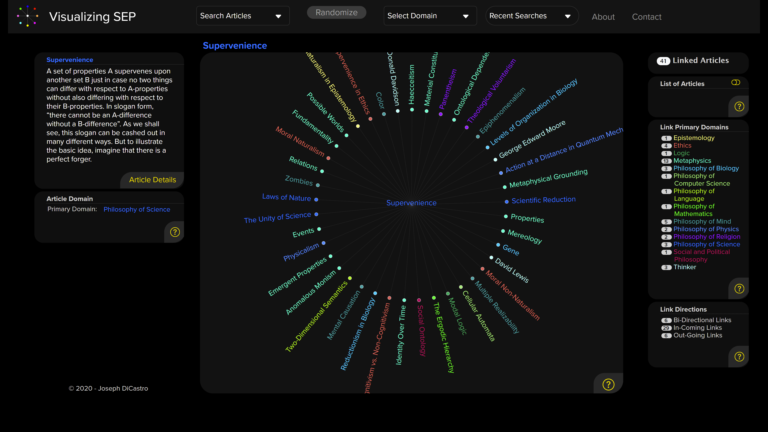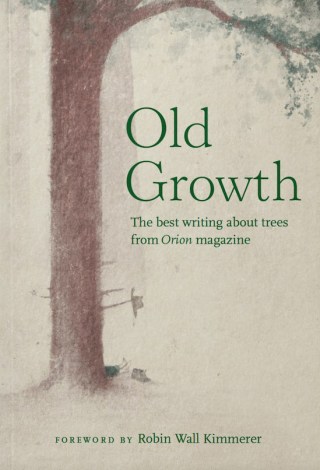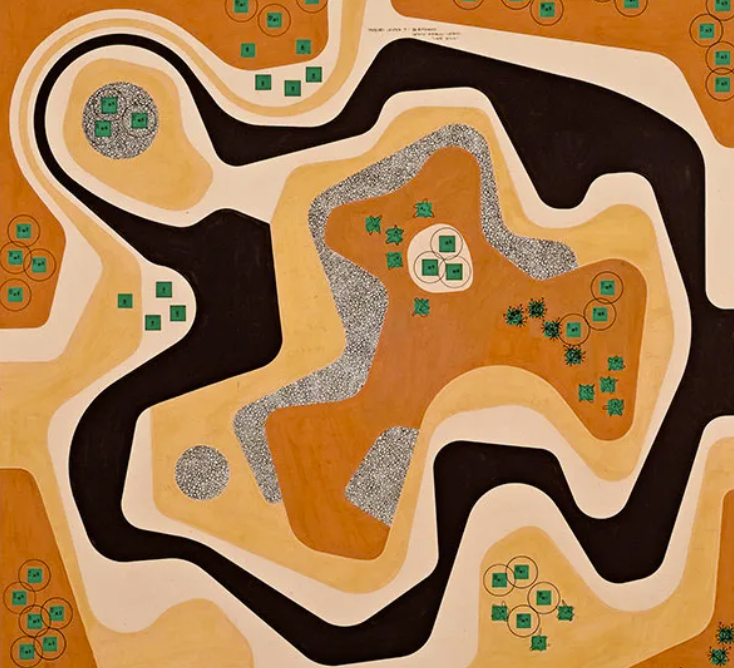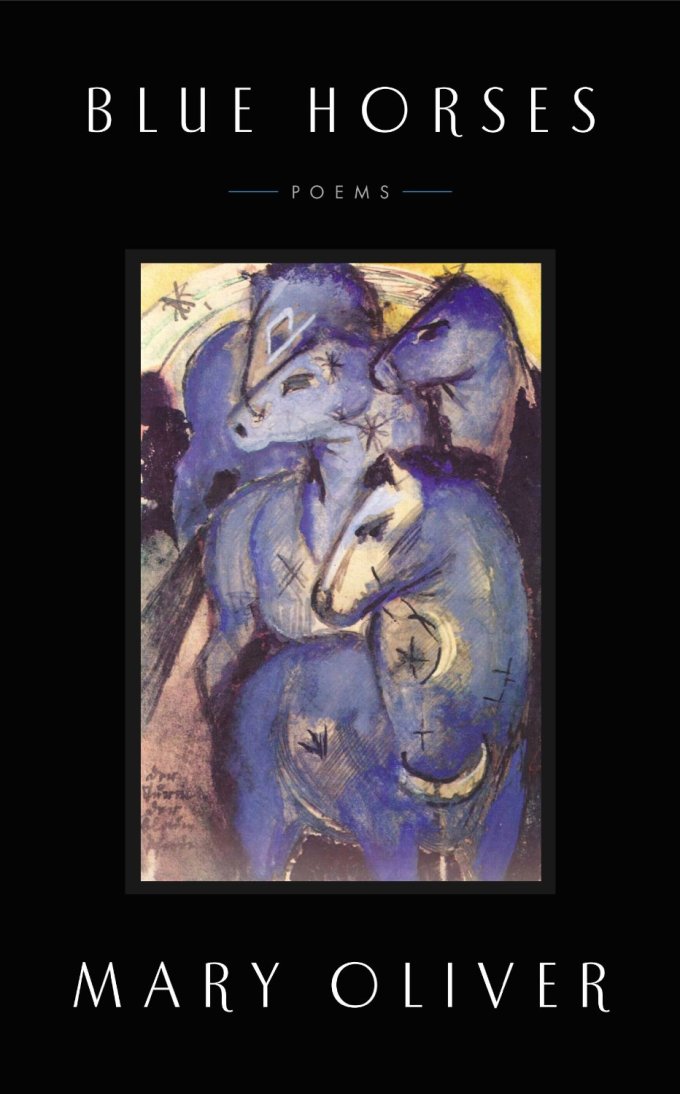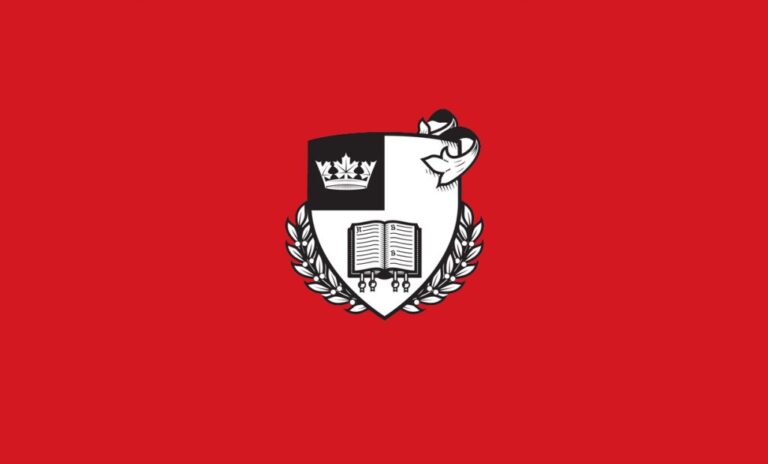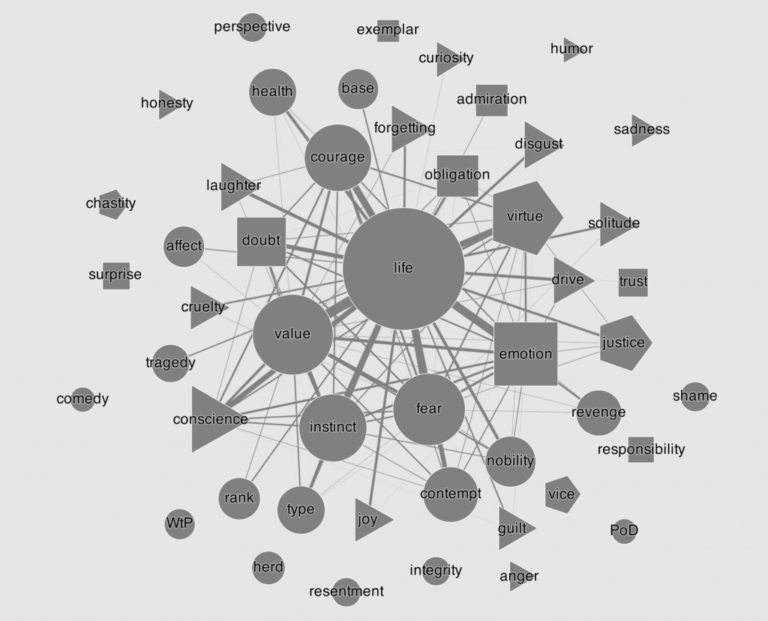Some Ukrainian researchers have called for an end to academic cooperation with Russian researchers and for them to be banned from journals and grant funding during Russia’s attack on Ukraine. Is this something the academic world should consider doing?
Few journals, according to Nature and Science, have banned submissions from Russian researchers (if you know of any philosophy journals that have done so, please mention that in the comments).
(How the world was saved by. . . overpublication in philosophy?)
According to Holly Else in Nature:
In my view, types of boycotts like the ones floated here, in which one party pressures a “guilty” second party by harming an “innocent” third party (here, the international research community putting pressure on Putin to stop the attack by limiting the opportunities of Russian researchers), face significant justificatory burdens.
Jeffrey Brainard at Science notes:
Even if many journals were to embrace a boycott, the effect on the global number of scientific articles would still be small. Russian authors contributed to about 82,000 published articles in 2018, only about 3% of the global total and second lowest among 15 large countries… And peer attention to Russian papers has lagged. In 2019, the rate of citations to them was the lowest among papers from 10 large countries, STM reported. One reason is that many scientists publish in Russian-language journals, says Michael Gordin, a historian at Princeton University who has studied Russian science. The low citations also result from a dearth of international collaborations that include Russian scientists—which in part stems from U.S. limits on visas for them to visit, he says.
One of those burdens is to show that there is a reasonable expectation that the boycott would in fact help with the achievement of its aim. In this case, the question is whether there is a reasonable expectation that a boycott of Russian researchers from international publishing venues, funding sources, conferences, and other forms of cooperation would actually help, alongside a variety of other activities, to bring about an end to the Russian attack. I’m skeptical that such a boycott and its near downstream effects would have any efficacy in that regard.
In an editorial, Nature expresses opposition to such a boycott:
Some scientists are calling for a comprehensive and worldwide boycott of all Russian research, and for scientific journals to refuse to consider papers by researchers from Russia. Given the horror of what is happening in Ukraine, such calls are understandable. But Nature, in common with many other journals, will continue to consider manuscripts from researchers anywhere in the world. That is because we think at this time that such a boycott would do more harm than good. It would divide the global research community and restrict the exchange of scholarly knowledge — both of which have the potential to damage the health and well-being of humanity and the planet. The world must keep generating the knowledge needed to deal with this and other crises. The ability to communicate research and scholarship freely across national borders has been foundational to science and international relations — and has endured during some of the world’s worst historical conflicts.
Readers are welcome to share their thoughts on how, if at all, the Russian attack on Ukraine should affect our interactions with, and the opportunities afforded to, Russian academics, as well as information about boycotts or other policies put into place.
In an open letter, the Ukraine Young Scientists Council says, among other things:
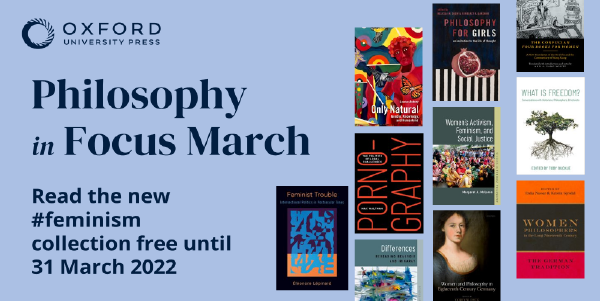
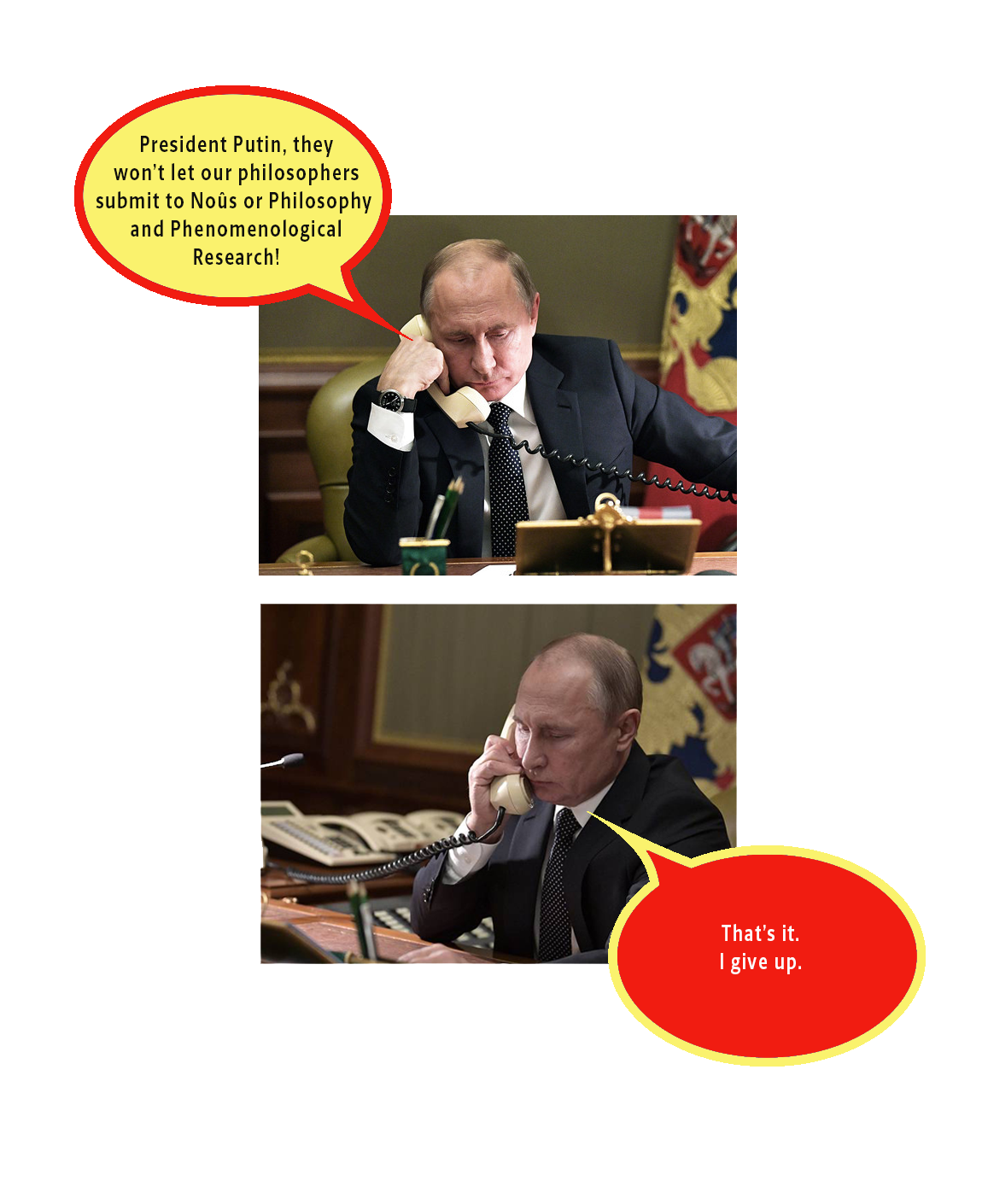
Ukrainian scientists have issued the strongest calls for banning Russian researchers from journals. “Russian scientists have no moral right to retransmit any messages to the world scientific community,” says Olesia Vashchuk, the head of Ukraine’s Young Scientists Council at the Ministry of Education and Science, in two letters dated 1 March. The letters, to publisher Elsevier and citation database Clarivate, call for Russian journals to be removed from databases and for Russian scientists to be taken off journal editorial boards.
The Steering Committee of the European Philosophy of Science Association (EPSA) issued a statement in support of both “the suffering people of Ukraine and their families and friends all over Europe and elsewhere” and their “Russian colleagues who oppose the war, often at great personal risk.” The statement implies that the organization will not be boycotting any scholars from Russia: “EPSA is currently working towards extending its Fellowship program to include researchers at any level of seniority who have been affected by the war.” According to one person affiliated with EPSA, the various relevant considerations are “difficult to navigate. We need political philosophers on the case!”
The Russian academic community in the present circumstances actively assists the Russian regime in injecting a new arms race and the global promotion of Russia’s official imperial policy. In addition to sanctions against the aggressor state, it is significant to end all scientific and academic cooperation with Russian scientists (from grant funding to publication in international journals).
